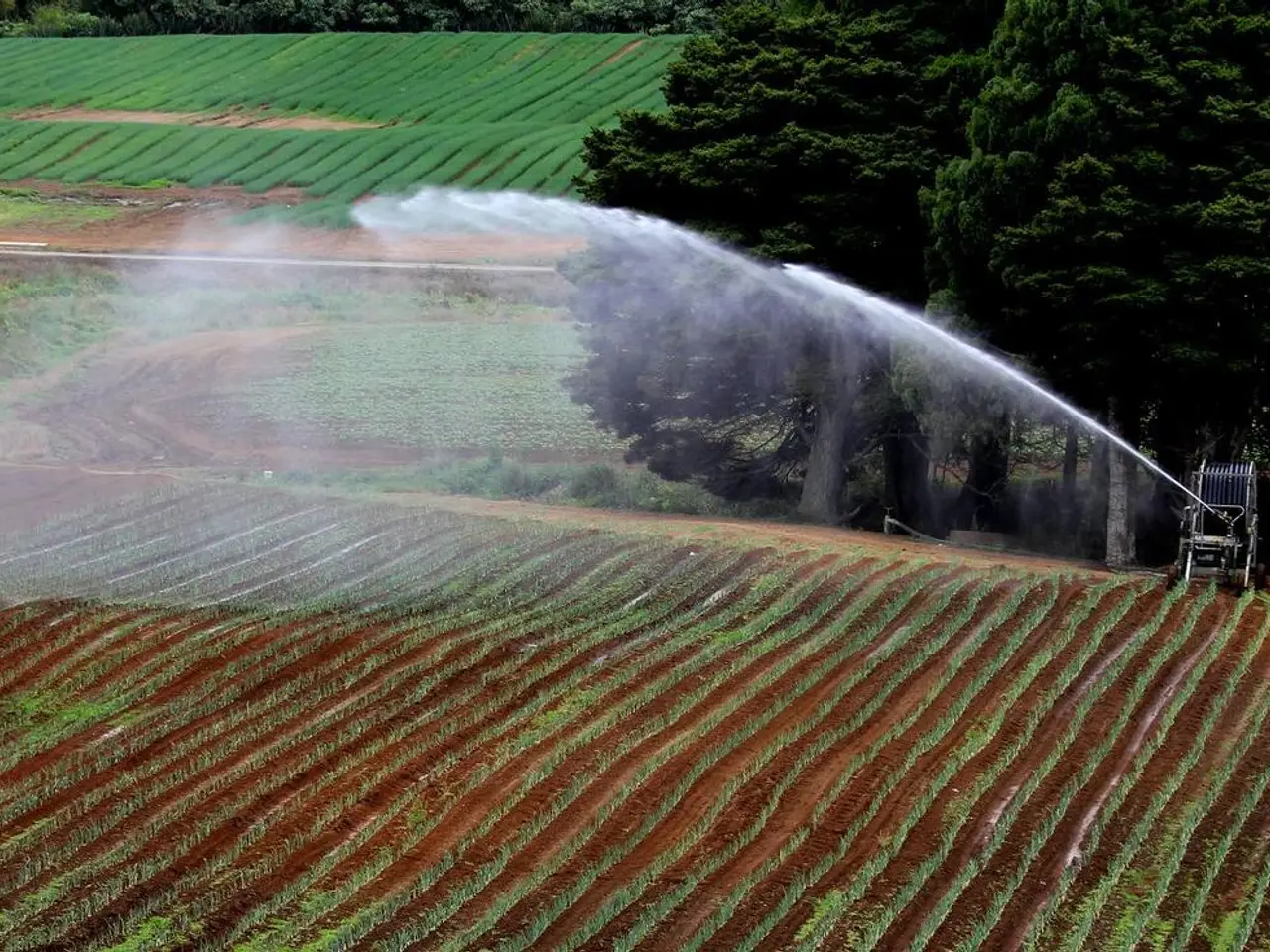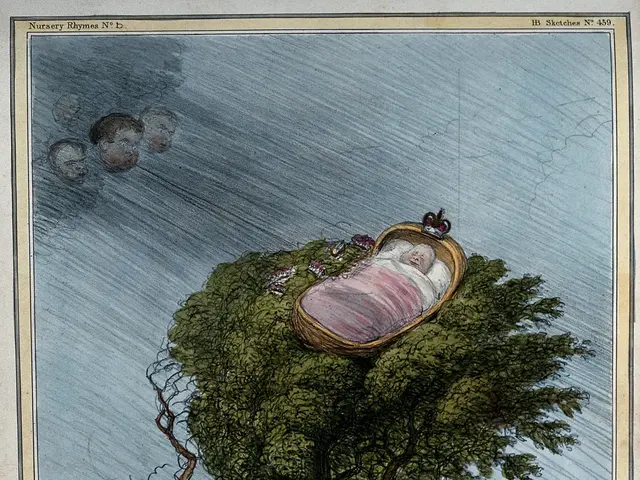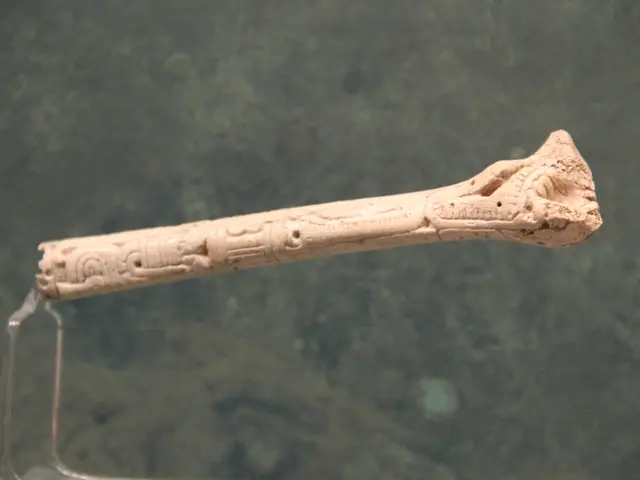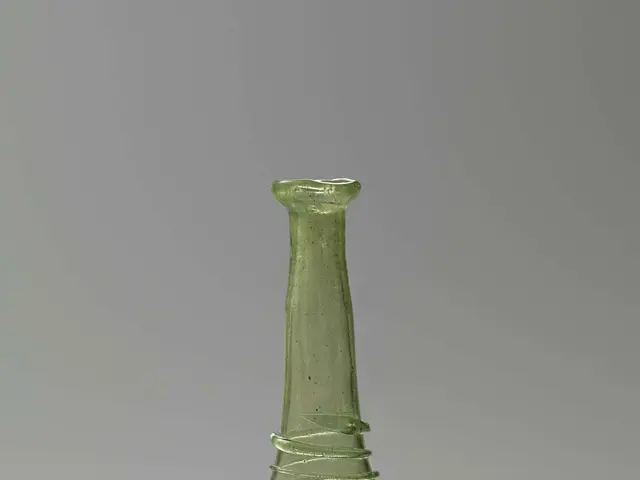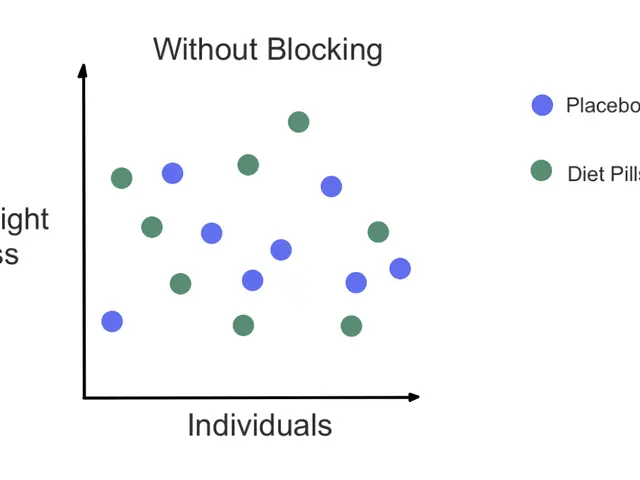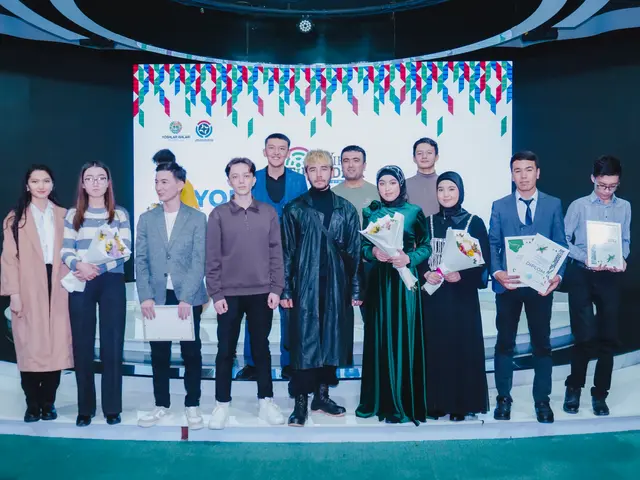Andalusia's Pioneering Lab Fights Climate Change, Drought Impact on Mediterranean Crops
Andalusia has launched a pioneering laboratory to combat the effects of climate change and drought on Mediterranean crops. The €700,000 project, based in Córdoba, is the first of its kind worldwide, aiming to develop solutions for agricultural systems to adapt to harsh conditions.
The laboratory, a unique infrastructure, is equipped with advanced technologies for crop characterization and climate control. It features systems for atmospheric CO2 control and state-of-the-art sensors and cameras, designed by Ifapa researchers in collaboration with leading companies in the sensorization and automation sectors.
Currently, trials are underway on olive, almond, pistachio, and grape. Soon, orange and mandarin trials will commence. Preliminary results have shown specific irrigation schedules under moderate hydric stress, enabling better crop management.
The laboratory consists of two independent modules, capable of reproducing different climatic conditions and hosting multiple trials simultaneously. This will help determine which varieties and crops adapt best to the future Andalusian climate and find solutions for more efficient water and soil management.
The Andalusian Ministry of Agriculture's investment in this laboratory demonstrates its commitment to sustainable agriculture. By studying the resilience of Mediterranean crops to climate change and drought, the laboratory seeks to develop innovative solutions for a more secure and productive future.
